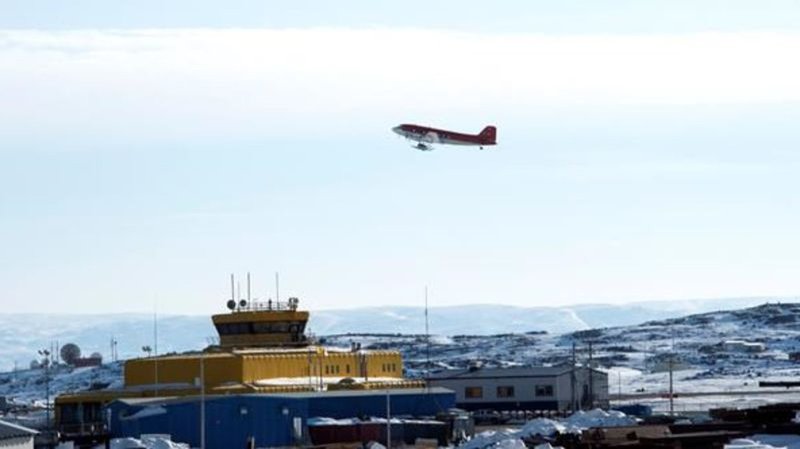
Northern premiers say Canada can’t have Arctic security without infrastructure
Arctic security is under renewed focus as Russia and China eye the region, but leaders in the North say Canada won’t be able to exert sovereignty if their communities aren’t built up properly.
The premiers from all three Northern territories say the federal government, while mindful of the need to strengthen Arctic security, has lacked a cohesive infrastructure plan to construct the foundation required to reach that goal.
Northwest Territories Premier Caroline Cochrane said in an interview that while policymakers have increased talks of building up the North, few concrete plans for key infrastructure such as hospitals, telecommunications, airports and road systems have emerged.
Without those plans and proper funding, Cochrane said it would be difficult for the federal government to achieve its goal of stronger Arctic security.


